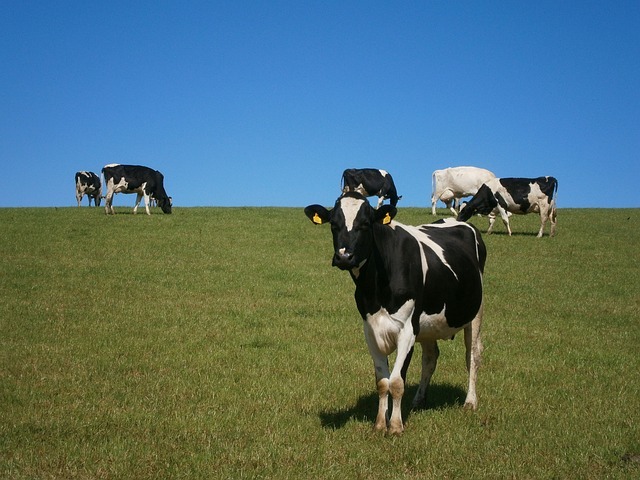Dairy cow finance: A Guide for Farmers
Dairy cow finance is a type of lending that provides financial support to dairy farmers looking to purchase or expand their herd of cows.
This type of finance is great for the dairy industry, as it enables farmers to invest in high-quality cows that can produce more milk, which can increase their income and profitability.
Dairy cow finance is provided by various lenders, including alternative lenders, agricultural lenders, and specialist finance companies.
These lenders understand the unique challenges of the dairy industry and can offer tailored financing solutions to meet the specific needs of farmers.
When applying for dairy cow finance, farmers will typically need to provide detailed information about their farm, their existing herd, and their plans for expansion.
Lenders will also assess the creditworthiness of the farmer and the overall viability of their business plan.
This information is used to determine the amount of funding the farmer is eligible for and the terms of the loan, including interest rates, repayment periods, and any fees or charges.
Information required for dairy cow finance
One of the key advantages of dairy cow finance is that it enables farmers to invest in high-quality cows that can produce more milk.
This, in turn, can increase their income and profitability, as they can sell more milk to dairy processors and other buyers.
Additionally, by expanding their herd, farmers can spread their fixed costs over a larger number of cows, which can help to reduce their operating costs and increase their efficiency.
However, dairy cow finance also comes with risks, as farmers are dependent on factors such as milk prices, weather conditions, and disease outbreaks, which can impact their profitability.
It is essential for farmers to carefully consider their options and to work with lenders who understand the challenges of the dairy industry.
To mitigate these risks, many lenders offer flexible financing options, such as seasonal repayment plans, or delayed repayment schedules.
These options can help farmers to manage their cash flow and to adjust their repayments to reflect changes in their income and expenses.
Overall, dairy cow finance is a great tool for dairy farmers looking to expand their herd and increase their income and profitability.
By working with experienced lenders who understand the unique challenges of the dairy industry, farmers can access the funding they need to invest in high-quality cows and to grow their businesses.
To complete the process for dairy cow finance, you would need:
If you’re a small or medium-sized business looking for funding, then why not contact The Funding Store today.
We do not charge broker fees, and with access to one of the most extensive and competitive lending panels in the UK, can bring you fast, flexible solutions that meet your finance needs.
The Funding Store can help guide you through the funding process and find the best funding options that fit your specific needs.
Whether you’re looking to start a new business, expand an existing one, or cover unexpected expenses, The Funding Store can help you achieve your financial goals.
So don’t hesitate, contact us today on 01908 880420, to take the first step towards securing the funding you need to grow and succeed.
Share This Story, Choose Your Platform!
This article has been produced by www.TheFundingStore.co.uk for general interest. No responsibility for loss occasioned to any person acting or refraining from action as a result of the information contained in this article is accepted by The Funding Store Ltd. In all cases appropriate professional legal and financial advice should be sought before making a decision.








